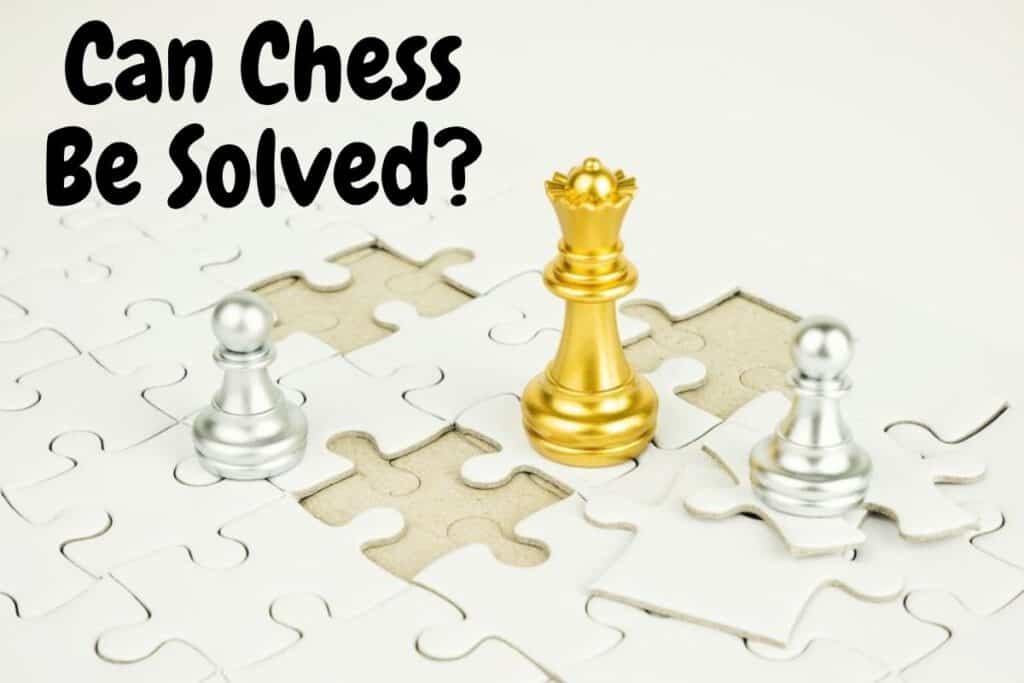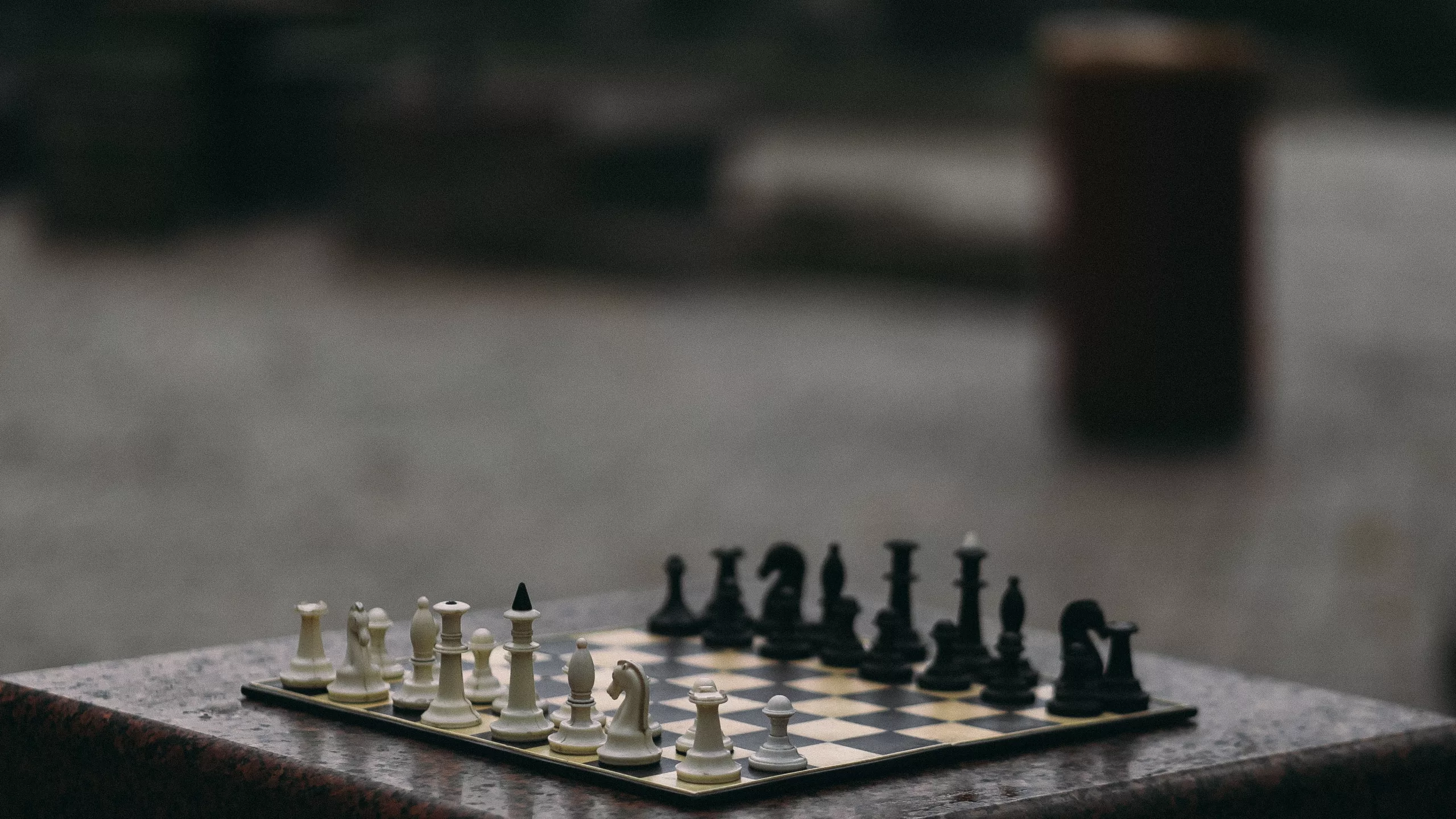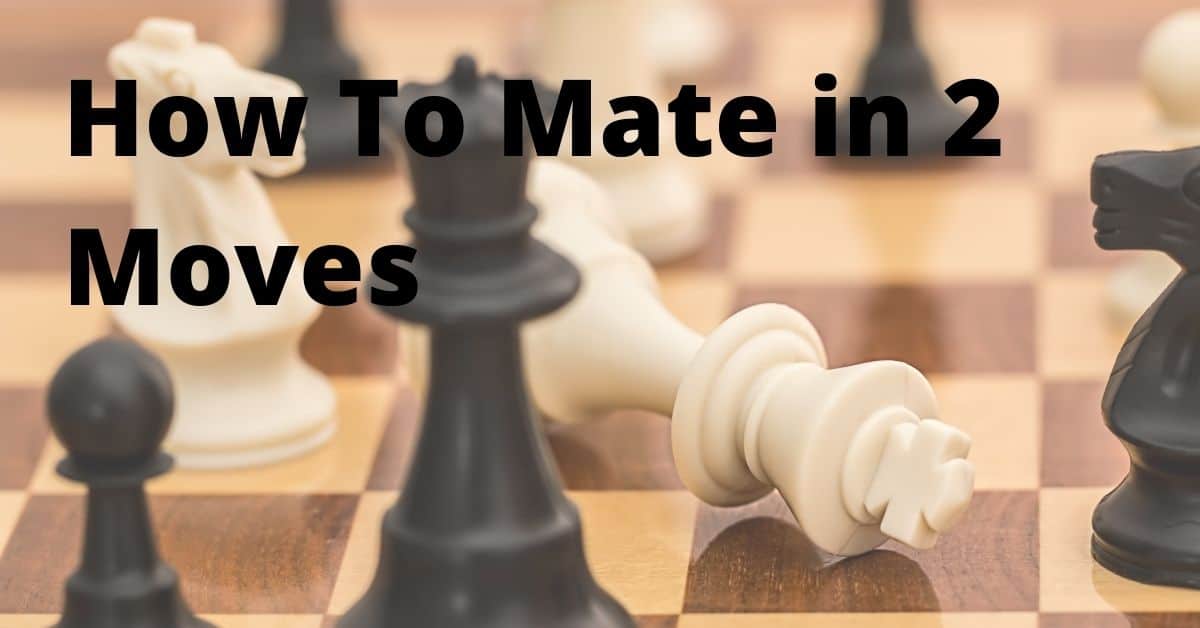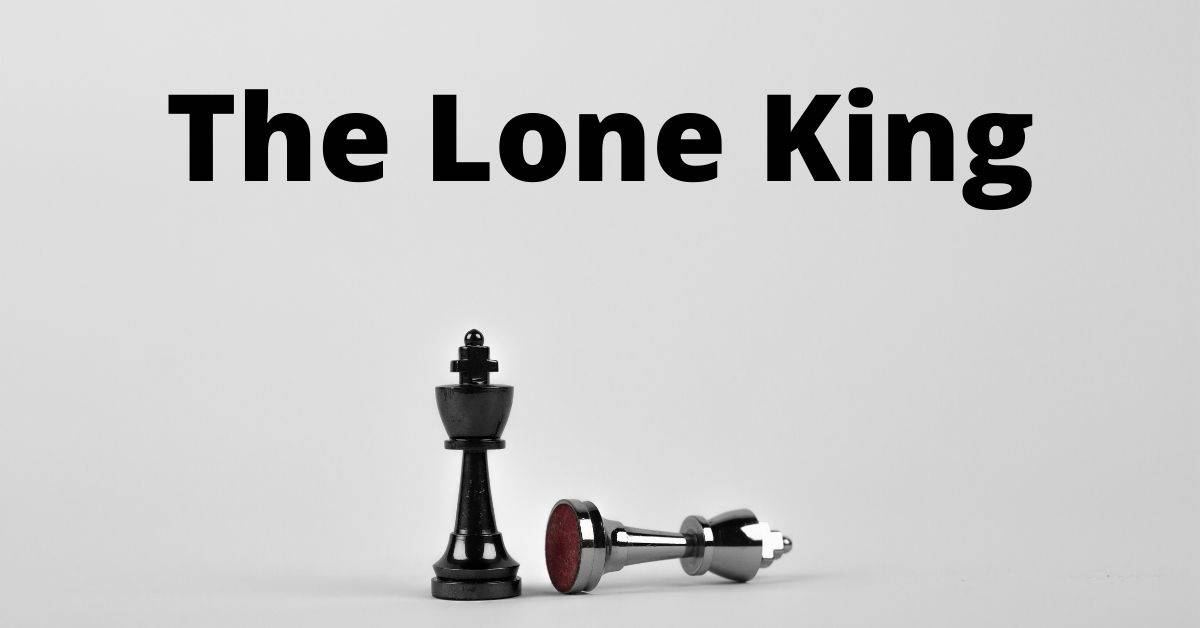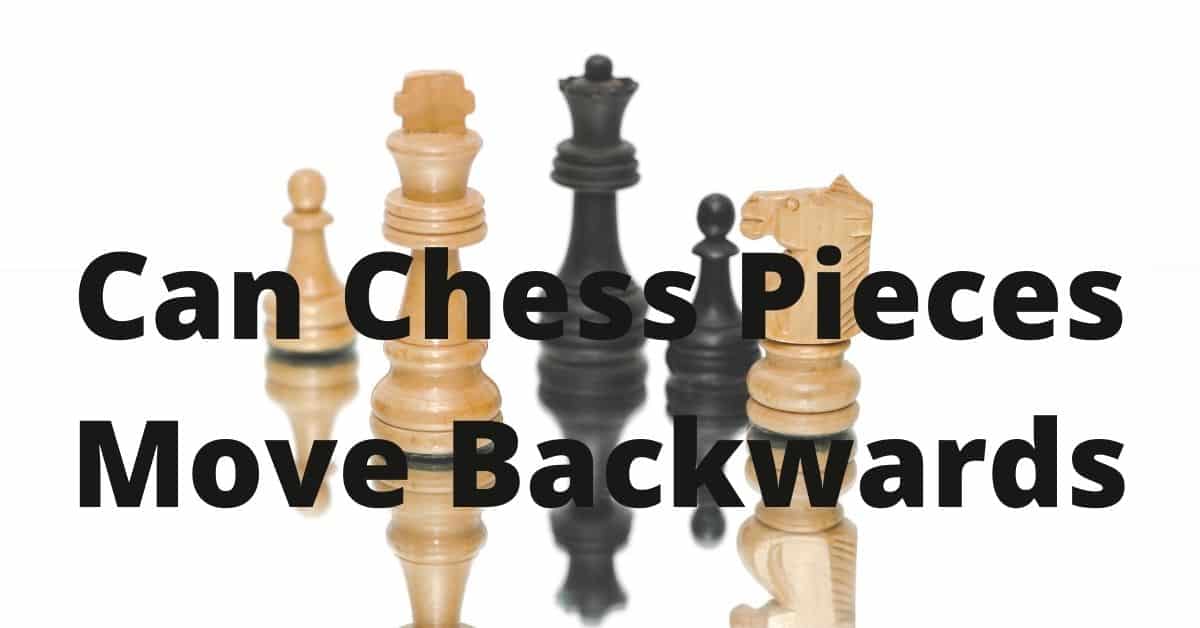The history of chess dates back to over 1400 years ago. The game developed slowly and as each generation passed, new moves and possible variations were incepted. However, “solving the game” can have different meanings.
For instance, when two opponents go against each other and one wins, we can say he managed to solve the problem for that particular game.
However, in this article, we are going to interpret “solving chess” as the ability to come up with one sure “path/procedure” that if applied, it guarantees success for the player.
The solution should be in a way that if both players use it, the result should be a draw. In this article, we discuss whether or not chess can be solved.
Can Chess Be Solved?
No, chess cannot be solved, at least not in our lifetime. As aforementioned, the game has been around for a very long time and until today, no major breakthrough has been found. Grandmasters have tried but none has come up with a solution. Today, chess engines have been developed to see whether they can solve this conundrum.
Why Chess Might Not Be Solved Soon
It would be pointless to say chess cannot be solved without proving some supporting resources or thoughts. Here are some reasons why we think solving chess is a hard nut to crack:
1. There are very many chess options
Chess is a game with endless possibilities. To date, it has been determined that there are over 10,120 possible variations of games in chess and around 1043 possible positions on the chess board.
For us to come up with a solution, all these possibilities must be compared against each other to determine which one outdoes the rest. Relying on the human brain to compare all these variations will most likely take a very long time, we might not be alive to see the light of day.
2. Chess Engines have failed so far
Since the human brain cannot solve chess in the near future, chess engines were developed to help with the quest. Chess engines have the power to analyze moves and come up with the most suitable counter moves.
In fact, to increase the chances of success and reduce the margin for error, chess engines have been made to play against each other or against themselves. However, even with their power, it has proved difficult to come up with the solution.
Is there Any Progress?
Even though there are endless possibilities with chess, chess lovers and players have not given up on trying to find a solution for the game. In fact, there have been some interesting results based on endgames in recent times.
Studies are promising
Experts have conducted studies based on “all non-trivial endgames.” Here, they sampled not more than 7 pieces with both kings involved. With reduced pieces, the possible variations reduce from 10120 to significantly less.
As a result, the experts have come up with counter moves for every permutation.
Even though the endgames are still a bit far from coming up with the most wanted overall chess solution, they are a step towards realizing the same.
The 546 Move Forced Mate
Chess grandmasters and other relevant stakeholders have discovered the 546 move forced checkmate. They have discovered that there is a way you can force a checkmate with 546 moves. However, for this to work, you have to ignore the 50-move rule.
For beginners, the 50-move rule indicates that the game ends in a draw if a specific position appears on the board 5 times. When humans play against each other, if the same position appears on the board 3 times, the game ends in a draw.
While the 546 move forced mate is promising, no human has been able to figure it out yet. Even computers that can’t access the tablebase cannot pull off this move.
How We Can Make the Problem Smaller
As it stands, it is almost impossible that a solution for chess will be found soon enough. However, there have been some whispers and thoughts about the possibility of making the problem smaller.
In the history of grandmasters’ chess tournaments, there have been instances where players have lost in as little as 16 moves. If 16 moves is enough to beat a grandmaster, it shows that there is a possibility that the problem can be narrowed down.
The solution to chess can be found if we were to focus on reducing the magnitude of the problem that we attack. However, until today, nobody or no software has been able to do this conveniently.
Limitations of Possible Chess Solutions
A solution for checkers
Back in 2007, a solution to checkers was found. Even though the solution was considered “weak”, chess could use such breakthroughs.
As you may know, checkers is very similar to chess only that it has some slight variations. When the breakthrough was made for checkers, many chess lovers thought that finally a breakthrough would be found. Unfortunately, none has been forthcoming ever since.
A lot of Speculations
With plenty of speculations going on around the internet, the process of finding a solution for chess is derailed. There have been talks of a solution being arrived at by 2035.
This has caused mixed feelings amongst chess lovers who dearly want to know whether there is any progress or not. However, it waits to be seen how strong and true these speculations are.
Conclusion
Practically, chess cannot be solved in the near future. Theoretically, chess engines have a chance of solving the game with time. Either way, it must be understood that chess is a game with so many possibilities and variations.
A lot can be done to come up with a solution, this may include reducing the problem, equipping the chess engines with better chess understanding and following up on the strong ideas that have already been incepted.
However, it must be understood that this will take time and we might not be alive by the time a tangible solution is found. In short, chess cannot be solved.
